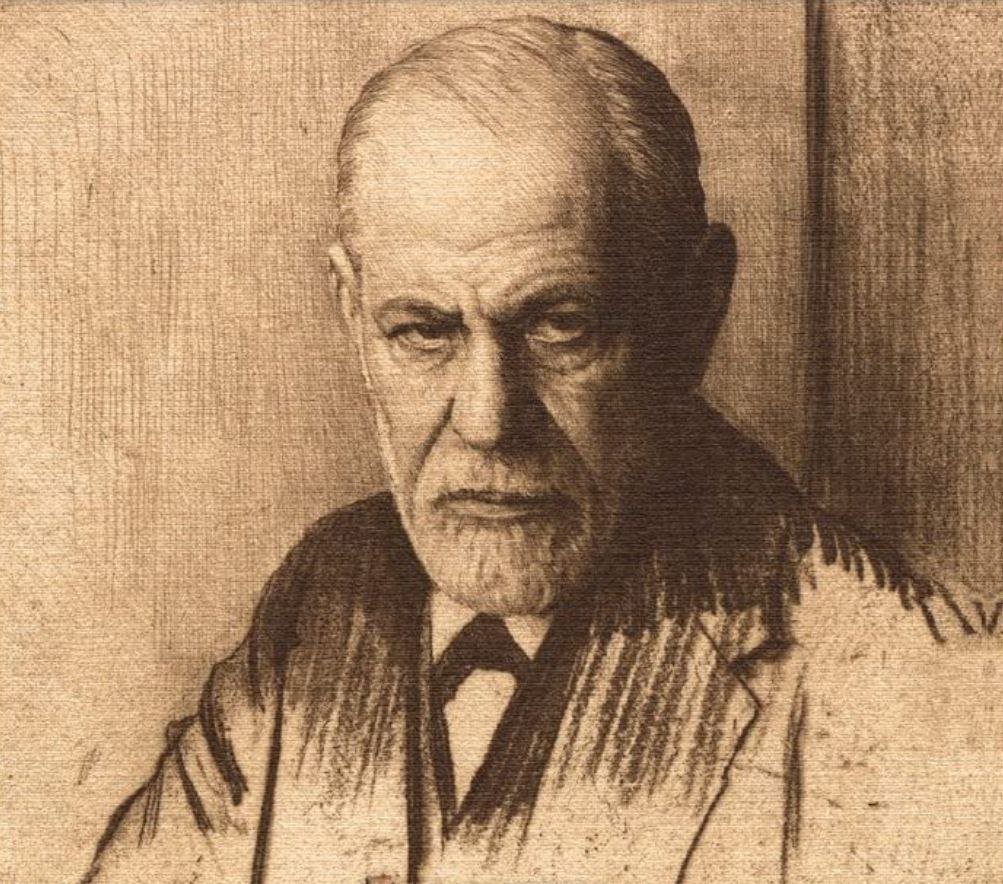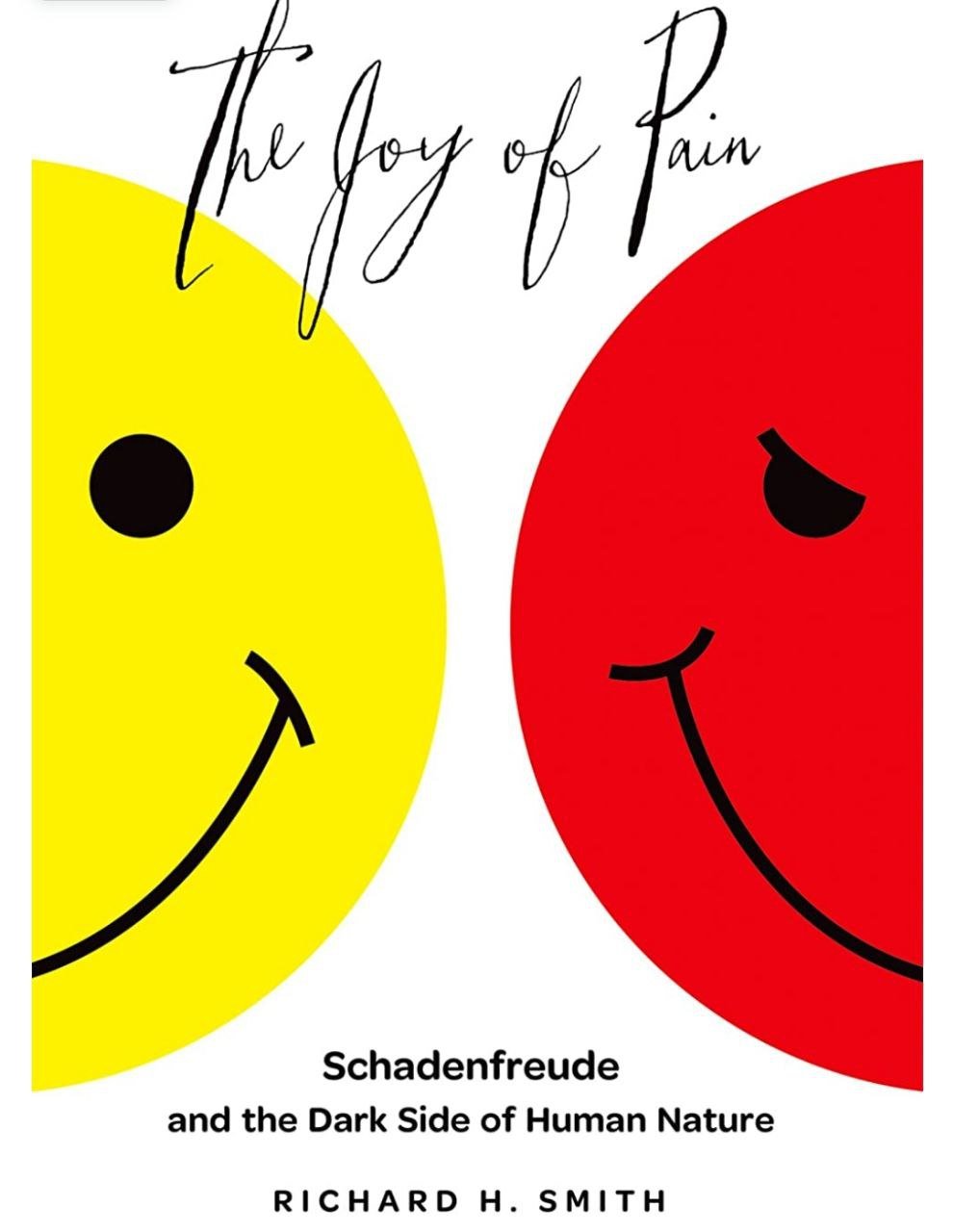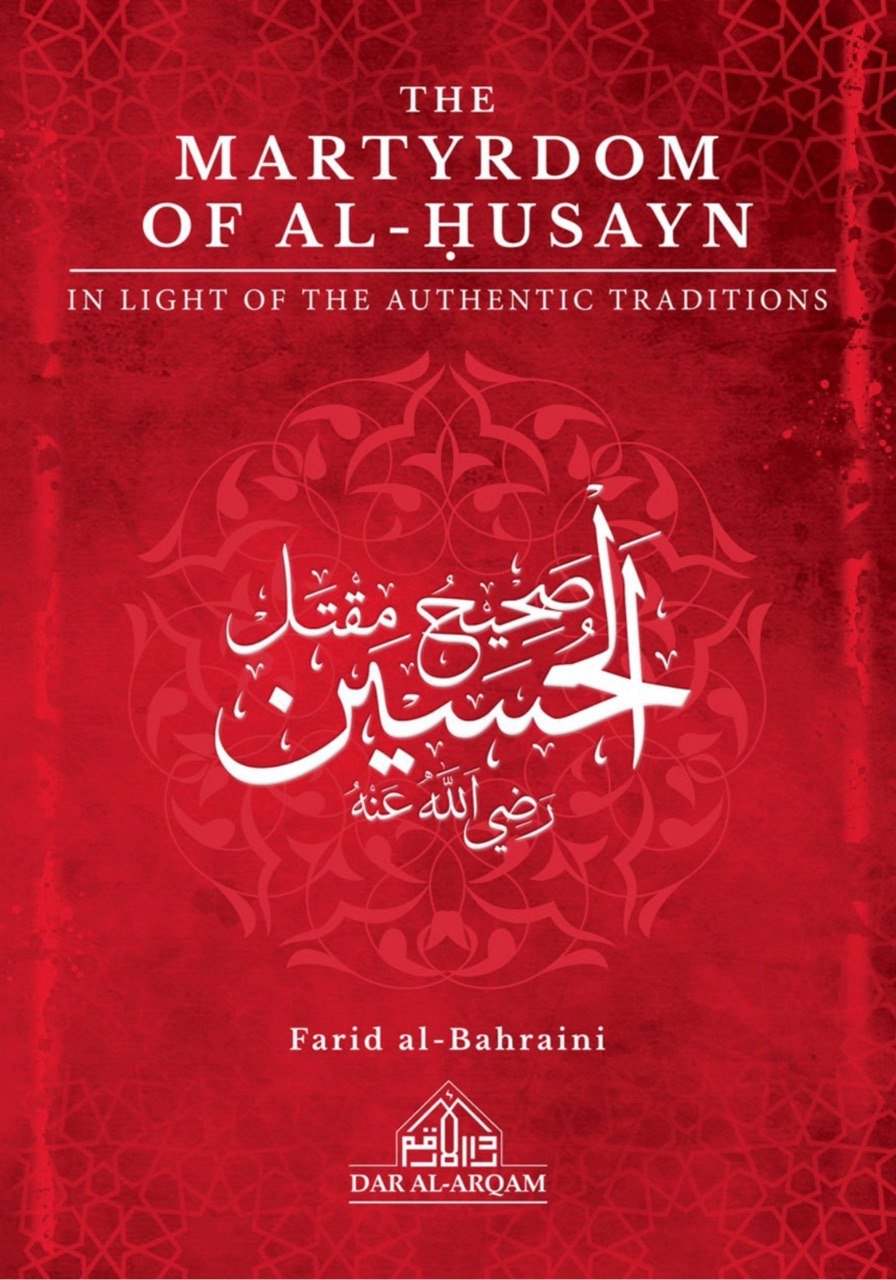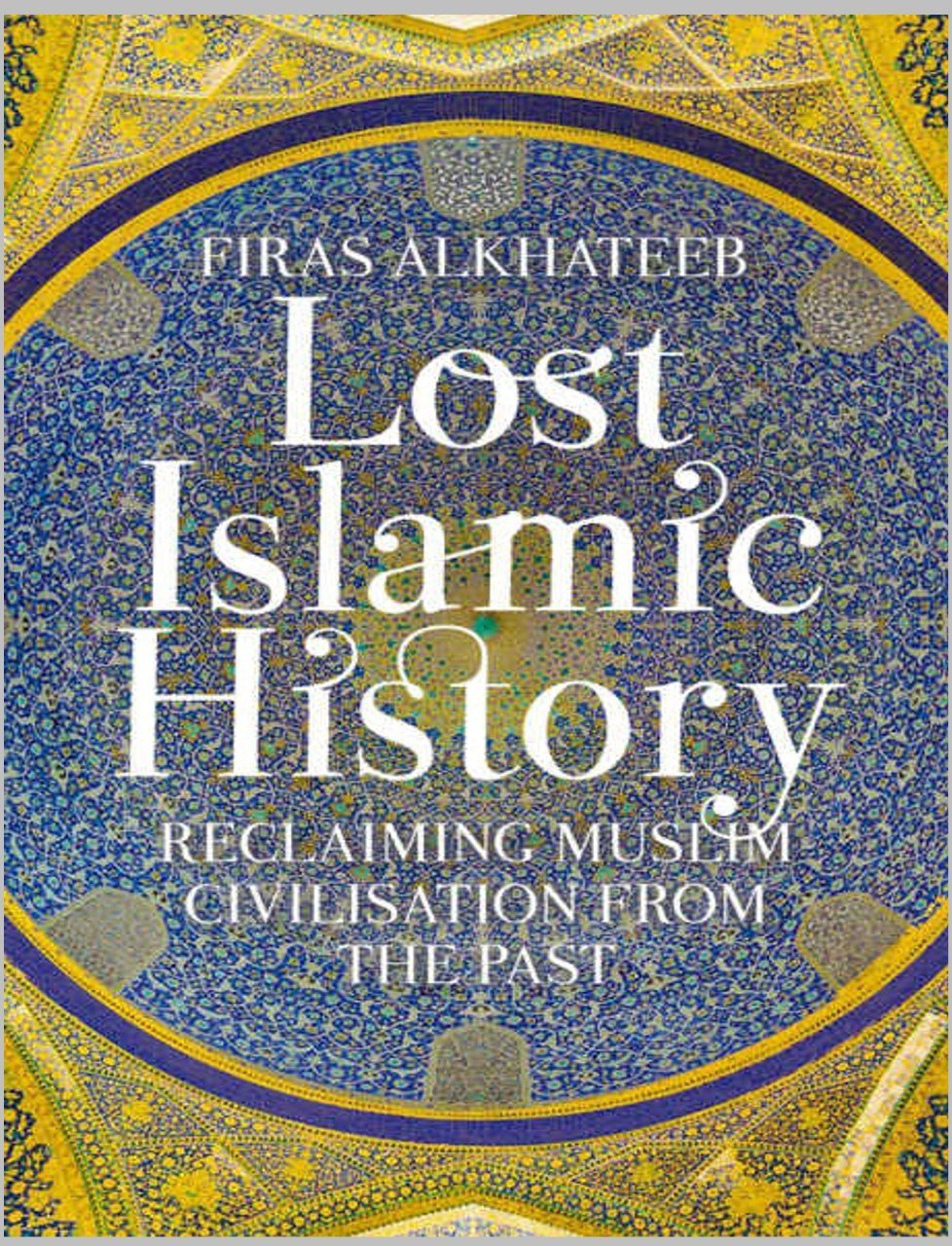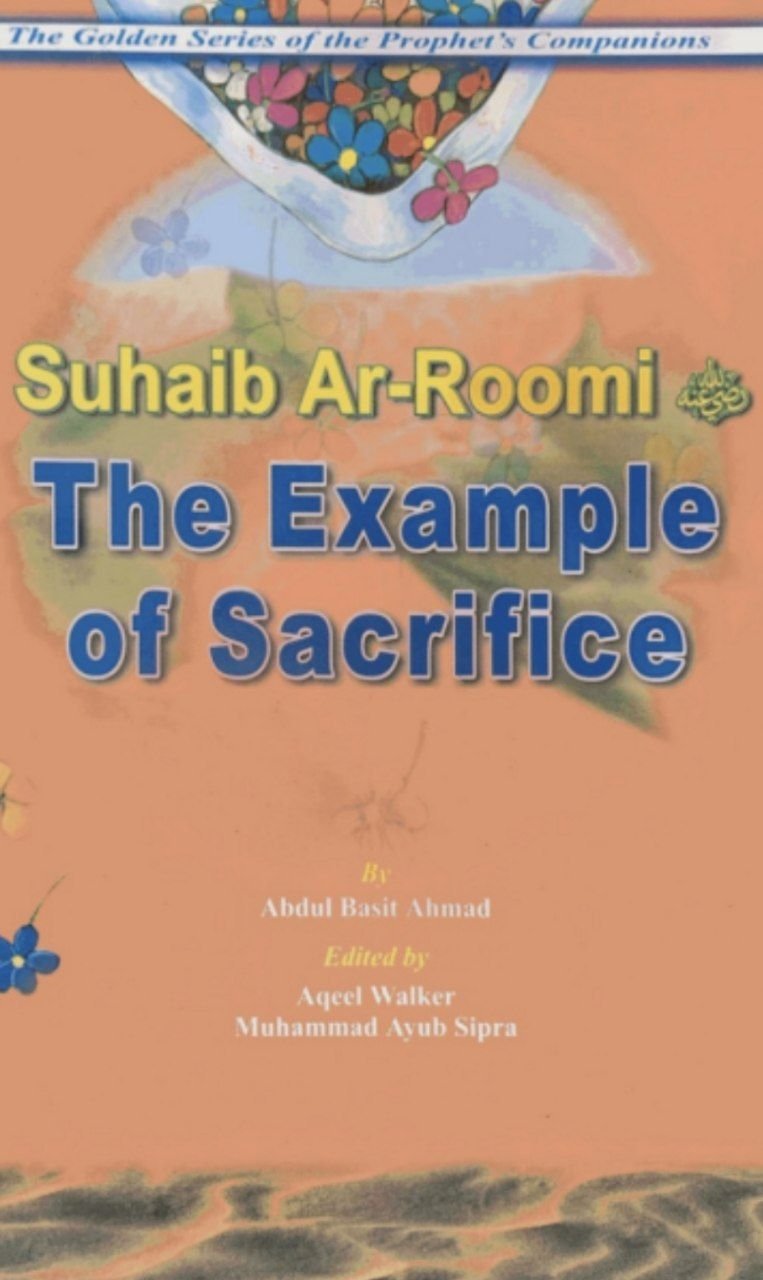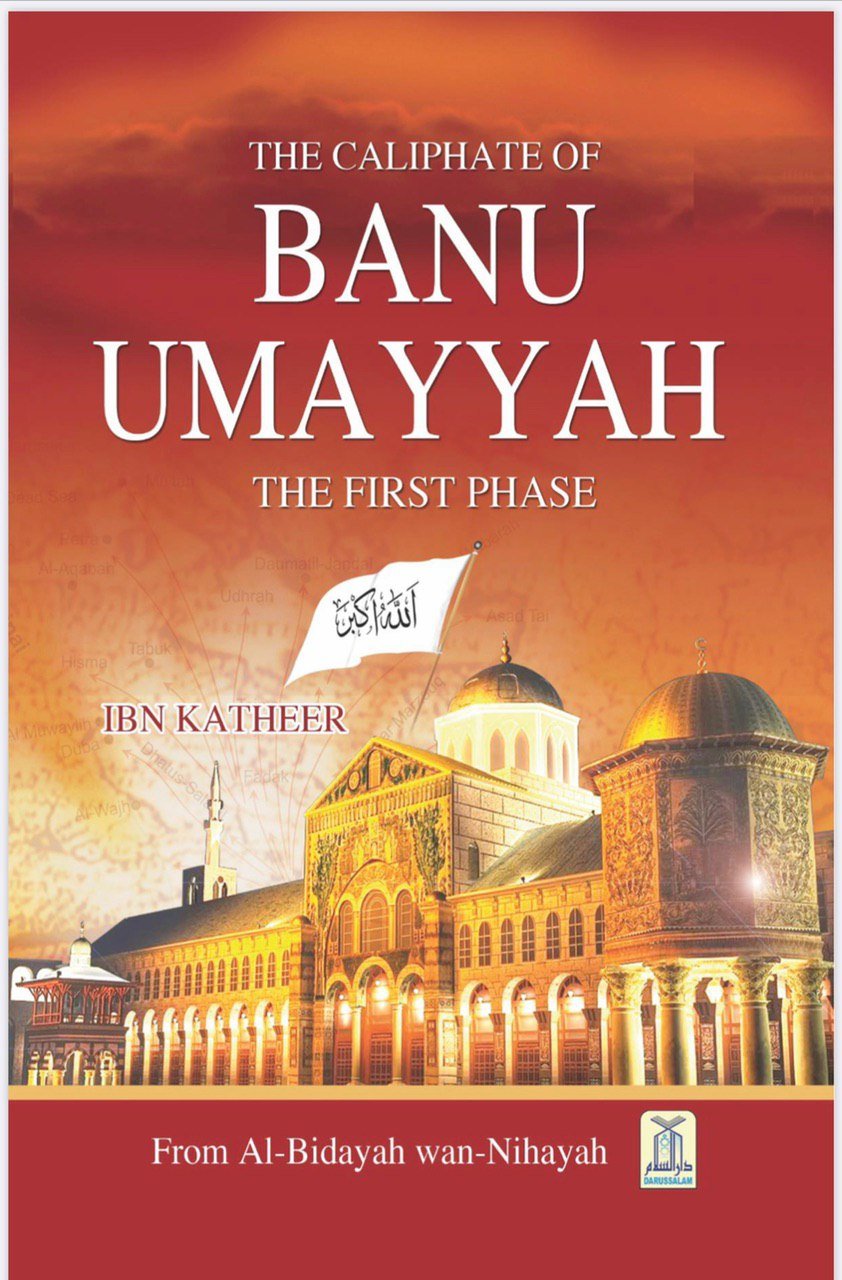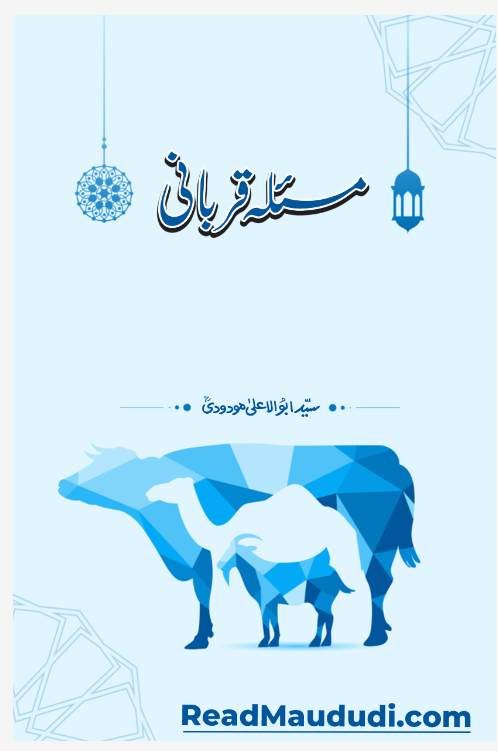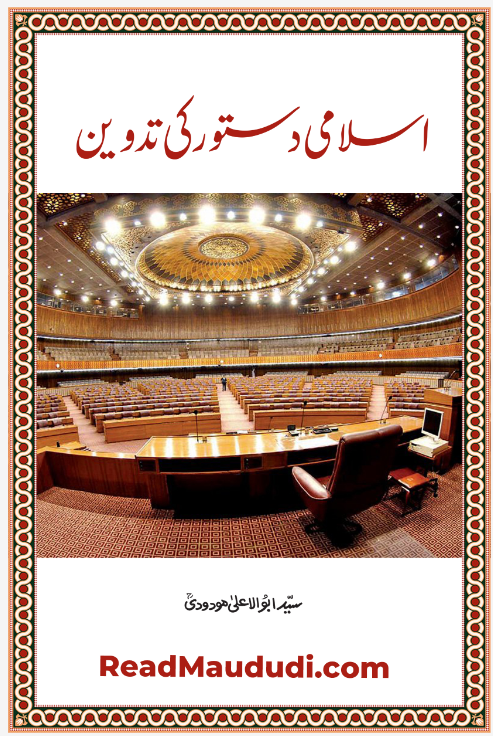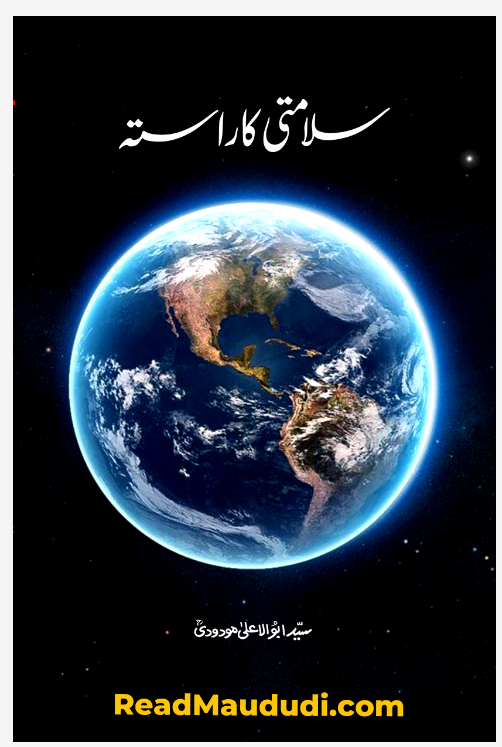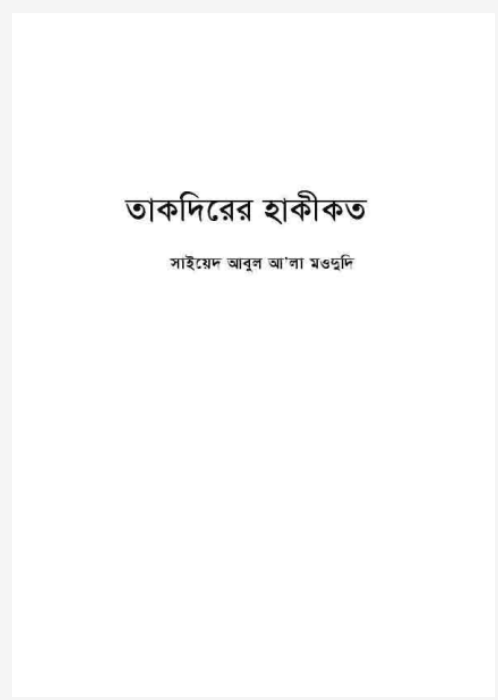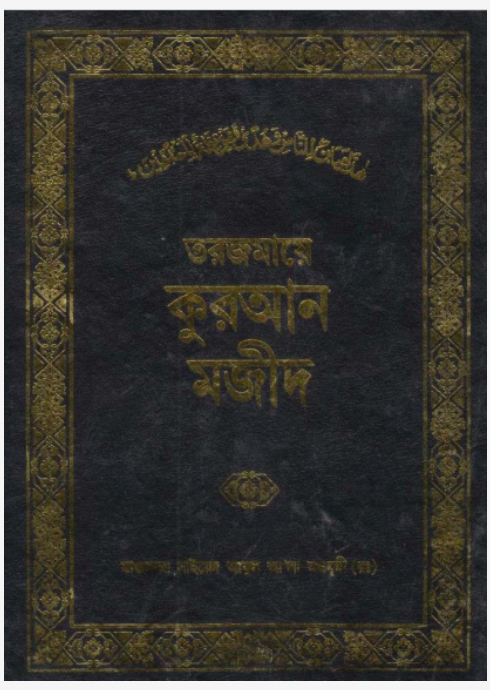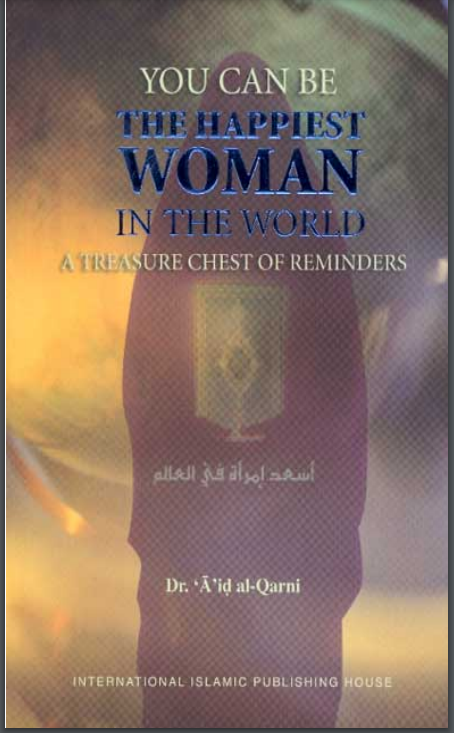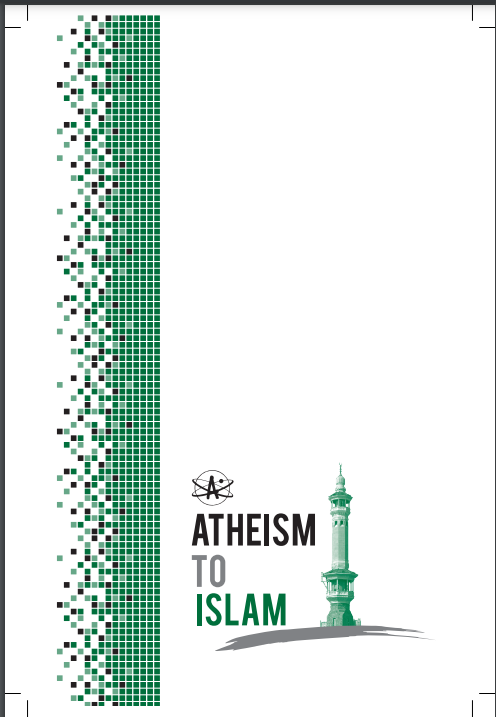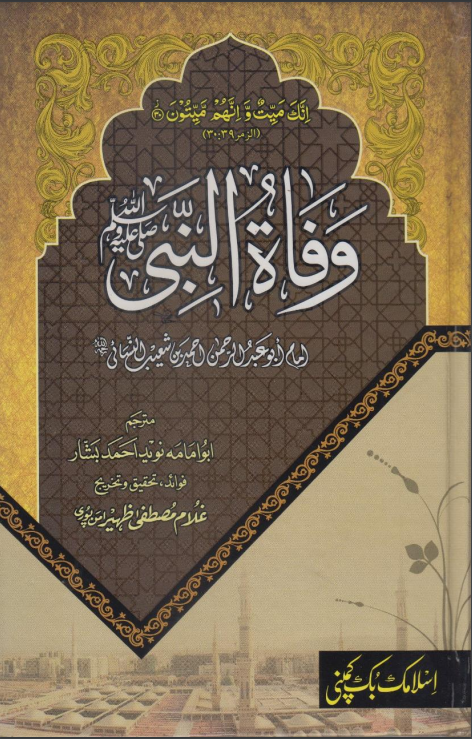

Arabs: A 3,000 Year History of Peoples, Tribes and Empires
Reviews
No review yet. Be the first to review this book!
Description
Arabs: A 3,000-Year History of Peoples, Tribes, and Empires by Tim Mackintosh-Smith is a comprehensive and captivating exploration of Arab history, tracing the origins, evolution, and influence of Arab civilization over three millennia. The book delves into the linguistic, cultural, and political aspects of Arab identity, revealing how the Arabic language has played a central role in shaping the region’s history. Key Themes of the Book The Power of Language in Arab Identity Mackintosh-Smith argues that Arabic, more than race or geography, has been the key unifying factor for Arabs throughout history. The book traces the development of the Arabic language from its earliest inscriptions to its role in modern Arab nationalism. The Pre-Islamic Arab World The book explores the ancient tribes and kingdoms that existed in the Arabian Peninsula long before the rise of Islam. It examines early Arab interactions with neighboring civilizations like the Persians, Romans, and Byzantines. The Rise and Expansion of Islam A major part of the book is dedicated to how Islam transformed the Arab world, unifying scattered tribes and leading to a vast empire that stretched from Spain to India. Mackintosh-Smith discusses the golden age of Arabic science, philosophy, and literature, highlighting the Arab world’s contributions to global knowledge. The Fragmentation and Resurgence of Arab Power The book details the fall of the Abbasid Caliphate, the Ottoman domination, and the later colonial period, which deeply shaped Arab identity. It also examines the modern Arab world, covering movements like Pan-Arabism, nationalism, and the challenges of post-colonial states. Modern Challenges and the Future of Arab Identity The book provides insights into the political struggles, conflicts, and identity crises that Arabs face today. Mackintosh-Smith reflects on how Arab unity has often been elusive, and whether the future of Arab identity will be shaped by language, politics, or external influences. Why Read Arabs? The book offers a rich and engaging narrative, combining history, linguistics, and personal observations from Mackintosh-Smith’s decades of living in Yemen. It provides a balanced and in-depth look at Arab history, avoiding both Western biases and simplistic narratives. The book is well-researched, insightful, and beautifully written, making it an essential read for anyone interested in Middle Eastern history, Arab culture, and the evolution of civilizations. Final Thoughts Arabs: A 3,000-Year History is a masterpiece of historical storytelling, offering a deep and nuanced perspective on Arab identity and its transformation over time. It is a must-read for historians, students, and anyone interested in understanding the Arab world beyond stereotypes and modern political conflicts.




















.jpeg)

.jpg)

.jpeg)



.jpeg)

.jpeg)








.jpg)








.jpg)












.jpg)


.jpeg)






.jpg)



.jpg)


.png)

.jpg)


.jpg)















